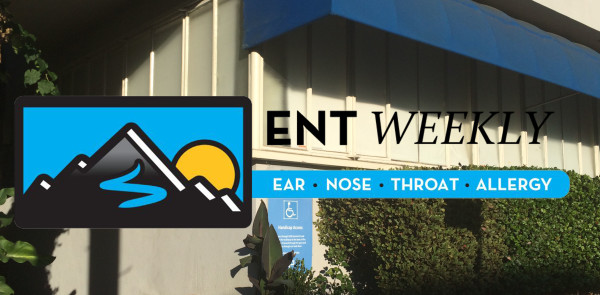Summer is here!
As a bit of an opposite to the deathly doom that faces Jon Snow and the Night’s Watch in Game of Thrones, we are quickly approaching a time of relaxation and vacation. For many travelers, this may mean visiting family or exploring the world, often via an airplane. If you ever have been on an airplane, you may remember having felt a pressure sensation as you begin the descent. What is happening?
Image Source: Peter Dazely
To understand this phenomenon, we look at the Eustachian tube, a part of the middle ear that links the nasopharynx to the middle ear. Under normal circumstances, the Eustachian tube is closed, but it can open to let a small amount of air through to prevent damage by equalizing pressure between the middle ear and the atmosphere. As the airplane is descending, cabin pressure rapidly changes, such that the Eustachian tube cannot equalize pressure fast enough.
The following are some quick tips and tricks to help you on your next flight:
- Swallow/Yawn: This activates the tensor veli palatini, a muscle that opens the Eustachian tube which connects the back of the nose with the middle ear. You swallow more often when you chew gum or let mints melt in your mouth.
- Avoid sleep during the descent: You may not swallow enough to keep up with the pressure changes.
- Unblock your ears by using the Valsalva method, outlined below:
- Pinch your nostrils shut.
- Take a mouthful of air.
- Using your cheek and throat muscles, force the air into the back of your nose as if you were trying to blow your thumb and forefingers off your nostrils.
- When you hear a loud pop in your ears, you have succeeded. You may have to repeat this several times during descent.
- If you are traveling with a baby, give him or her a bottle or a pacifier to suck, and do not allow sleep during descent.
- Use a decongestant pill (Sudafed) or nasal spray (Afrin) an hour or so before descent. This shrinks the membranes and makes the ears pop more easily. Travelers with allergy problems should take their antihistamine tablets at the beginning of the flight for the same reason.
- Decongestant tablets and sprays should be avoided by persons with heart disease, high blood pressure, irregular heart rhythms, thyroid disease, or excessive nervousness.
- Many people report success using Ear Planes: a set of ear plugs that contain a valve to release pressure more slowly. They are worn during descent and are available in pharmacies and airport gift shops.
Even after landing, you can continue the pressure equalizing techniques, but avoid using nose sprays for a prolonged period. If your ears fail to open or if pain persists, you may need to seek medical attention from an otolaryngologist. With these tips in mind, your only problem will be finding your luggage and enjoying your trip!
Feature Image Source: Justin Chin










